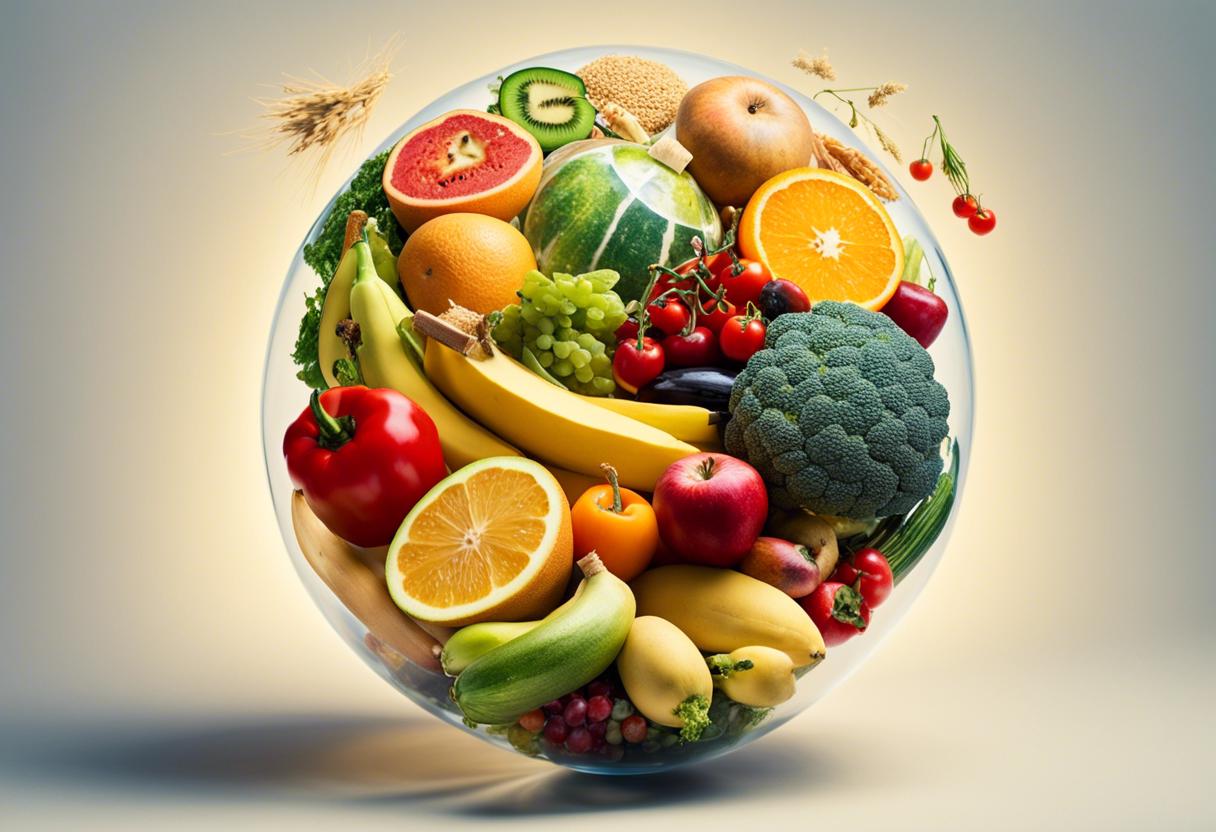Many individuals still fail to appreciate the connection between their food choices and climate change, as reported by the Economic and Social Research Institute (ESRI). Out of all the regular activities humans perform that contribute to their carbon footprint, only 4% of adults acknowledged their dietary habits. Discussions surrounding food were more often about its origin and packaging, rather than its correlation with high-emission foods like red meat.
In a research supported by the Environmental Protection Agency, 1,200 adults recorded their daily activities online, then enumerated what they thought were the major contributors to their carbon footprint. This study disclosed widespread misconceptions, according to ESRI researchers.
Leading scientist anticipate a minimum global temperature increase of 2.5 degrees this century, resulting in drastic consequences. A fifth of individuals who commuted by car did not associate driving with carbon emissions. Almost half neglected to include the energy consumption in their homes, and the ones who did, more often spoke about cooking rather than water heating or usage of white goods, both of which are higher in carbon emissions.
The research also unveiled a considerable number of people in Ireland attempting to decrease carbon footprint- 40% mainly through reducing driving. An additional 25% expressed a desire to lessen their transportation emissions but were unable due to the absence of public transport. Nonetheless, 30% did not perceive a need to alter their transport habits.
25% of participants reported changing their eating habits in an effort to decrease their carbon footprint. A slightly bigger faction, 27%, wished to do the same but faced hurdles in terms of cost and lack of knowledge on what foods to eat. The majority, 47%, considered it unnecessary to modify their diet.
Dr Shane Timmons of the ESRI’s behavioural research unit stated, “A majority understand the requirement to lessen their carbon footprint and several have already made alterations to their daily routine. Knowledge of which activities cause the most carbon emissions, especially in relation to food, is however, an issue. Recommendations on how to prepare affordable, nutritious meals which limit high-emission foods will be beneficial. Likewise, advances in public transport, as detailed in the Climate Action Plan may enable more people to modify their travel behaviour.”
Dr Eimear Cotter, head of the EPA’s Office of Evidence and Assessment, has emphasised the collective need to minimise our daily emissions in response to climate emergencies. She points out, citing recent research, that individuals require more comprehensive information to understand how to effectively reduce their carbon footprint. The insights produced by this research could contribute substantially towards creating efficient climate policies and public information drives.
The comprehensive study titled ‘What hinders personal climate action? Awareness of impact and perceived complexities in altering transport and food habits’, authored by Shane Timmons, Ylva Andersson, Maria Lee and Pete Lunn, forms part of the ESRI’s Research Series. It also asserts that healthier nourishment for both individuals and the planet can be achieved through prudent food selections.

